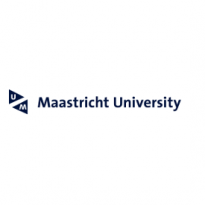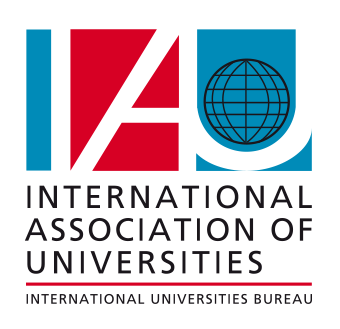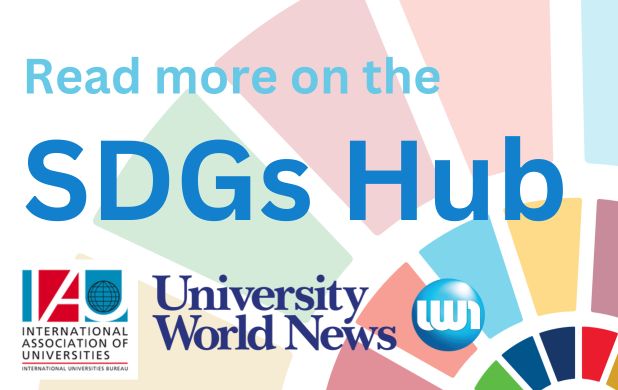Maastricht University
Minderbroedersberg 4-6,
6211LK Maastricht, Netherlands

Mission
We have streamlined Maastricht University’s goal to become a sustainable university by 2030, reflecting the vision and values of the student community, our staff and the university’s Executive Board.
We believe that universities have a crucial responsibility in addressing the societal challenges of the 21st century. While pressing societal concerns of previous generations related to national welfare and economic development, an urgent question of our time is how to work towards a sustainable future in the context of systemic global crises.
Universities have the potential to become powerful leaders in the sustainability transition through their research, education, and community engagement activities, as well as their operational processes. However, due to their structural and organizational complexity, they are often unable to adequately respond to the need for internal institutional change in these areas, which is required for taking such a leading role.
Vision
“Sustainable development means achieving a quality of life (or standard of living) that can be maintained for many generations because it is: socially desirable (fulfilling people’s cultural, material, and spiritual needs in equitable ways), economically viable (paying for itself, with costs not exceeding income), and ecologically sustainable (maintaining the long-term viability of supporting ecosystems).” - World Conservation Union
Achievements
In 2012, the UM Green Office in 2012 was created. The UM Green Office is guiding the Sustainability Vision 2030, as outlined in our publication ‘Roadmap 2030’.


